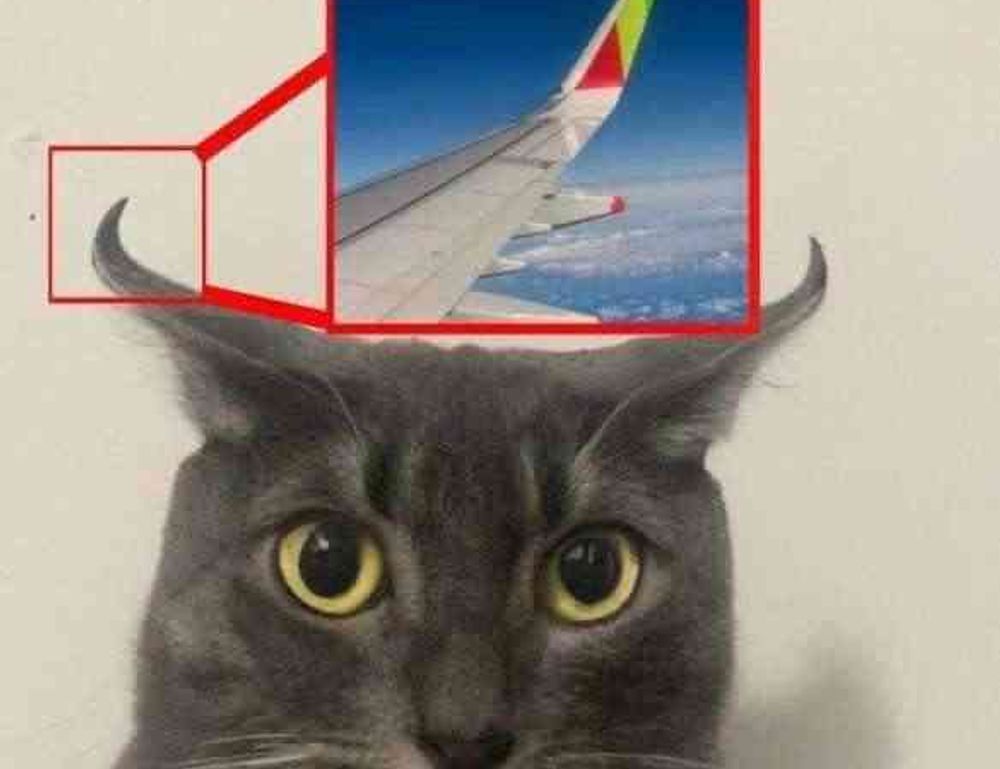What Exactly Is An ewejsciowka?
An ewejsciowka (pronounced roughly like “evyentryoovka”) is an entry pass. Think of it as a nofrills, lowcost or free ticket that lets you into a class, event, session, or meeting. It’s especially common in academic settings—like bonus lectures or guest presentations where headcounts matter—or in cultural spaces offering limited seats.
In student and arts culture, ewejsciowki (plural form) often act like both a placeholder and a filter. It’s not always about the price—it’s about confirming your seat, managing turnout, and adding structure to events that aren’t straightforward ticketed affairs.
Where You’ll Run Into It
Universities are big on ewejsciowki. Whether it’s a popular elective, a limitedcapacity seminar, or an extracredit workshop, professors or student offices might hand them out a day before, online or in person. No ewejsciowka? Then no seat—simple math.
Outside academia, theaters, comedy nights, or museum previews also use these. A venue might release a set number of ewejsciowki to manage limited space events. They’re offered free or cheaply, but since people don’t always show, an ewejsciowka might not guarantee entry unless you’re early.
The Game Plan For Getting One
Securing an ewejsciowka can be loweffort or fullon scramble mode. If it’s an online process, jump in early—sometimes these go live quietly and vanish hours later. For inperson pickup, expect queues. Bring your ID. Don’t assume showing up at the last minute will cut it—Polish organizers love order, especially when spots are tight.
A bit savvy? Follow social media pages of events or campus groups who drop the link first. Timing’s everything. Some places also assign ewejsciowki based on firstcome, firstserved signups—no drama, just fast fingers.
ewejsciowka as a Social Filter
Let’s face it: commitment is low with ewejsciowki because they’re usually free. Some treat them like RSVP placeholders to decide later. Real fans or motivated students, though, treat them as currency—if you’ve got one, show up. If not, don’t block someone else’s chance.
In this way, ewejsciowka systems essentially filter out the uninterested. No facevalue cost means more reliance on personal responsibility. That’s why some event organizers now add confirmation layers—like reconfirmation emails—to sort real attendance from passive interest.
The Digital Pivot
Physical paper ewejsciowki still exist, but the real shift is online. With QR codes, digital confirmations, and mobile apps for class scheduling or events, ewejsciowki have streamlined. For example, universities now let you reserve limited seminar slots via student portals, marking you as “present” and locking in stats for both attendance and participation.
Still, not every system has caught up. If you’re in a smaller town or attending a grassroots art event, reckon on grabbing your ewejsciowka the oldfashioned way—a printout or name list at the door.
When They Actually Matter
A common mistake? Dismissing the small print. Some people assume an ewejsciowka is optional or easy to work around. It’s not uncommon to see someone trying to bluff their way into an event with a screenshot or old email.
But certain situations won’t budge: regulated spaces (like governmentfunded lectures), venues with fire code limits, or competitive workshops. In these, no ewejsciowka means no entry, no excuses. So don’t wing it. Bring ID, know your slot, and if you cancel—say so. It helps keep the system polite and available.
The Trade and Resale Market
Since ewejsciowki are usually free or symbolic in price, there isn’t much black market madness. But student forums or Telegram groups sometimes see soft trades: “Can’t go to the lecture tomorrow—who wants my ewejsciowka?”
It’s not always above board, though. Some organizers link passes directly to personal details to curb reselling or scalping. If you’re trading, know the risk. Better yet, show up or formally cancel.
Endgame: Use It Right or Lose It
Cultural etiquette around ewejsciowki emphasizes responsibility. Show up on time. Leave your seat if you’re not staying. Don’t hoard tickets “just in case.” It’s not about rules for the sake of rules—it’s about fairness in tight spaces.
Treat the ewejsciowka system with care and you’ll notice how efficient it can be: fewer empty seats, better turnout, and faster registration. Ignore it, and you’ll probably find your place given away to someone more tuned in.
Final Thoughts
Understanding how an ewejsciowka works isn’t lifechanging, but it does make life smoother if you operate in Polish academic or cultural life. It’s a system rooted in practicality, relying less on money and more on personal habits—a rare thing in overly commercial event worlds.
So the next time someone throws the word ewejsciowka at you, you’ll know what they’re talking about—and how to play it smart.





